Intercostal Neuralgia
The disease known as intercostal neuralgia is characterized by neuropathic pain in the intercostal nerves, which are the nerves that run throughout the abdomen and rib cage. Numerous illnesses could be the reason, such as physical trauma, cancer, inflammatory diseases, and infections.
Neuropathic pain can be caused by injury or inflammation of the somatosensory nerves. It might have a variety of reasons, but regardless of the cause, there are similar options for therapy. Learn more about intercostal neuralgia’s symptoms, potential causes, and available treatments and preventative measures in this article.
What is the Intercostal Neuralgia?
Intercostal nerves are the spinal cord divisions that arise immediately below the ribs. The word “intercostal neuralgia” refers to neuropathic pain caused by particular illnesses that aggravate or inflame these nerve roots.
Patients having intercostal neuralgia commonly sense pain in the chest wall as well as the upper chest. Being affected by this condition can be very problematic because the pain can occasionally be extremely resistant to conservative treatment.
Causes of the Intercostal Neuralgia
- Post-viral intercostal neuralgia can be caused by viral infections such as the varicella zoster infection, which is known to cause shingles and chickenpox.
- A ribcage fracture or impairment to the chest wall could have resulted in this.
- An abdominal or chest tumor trapping the intercostal nerve has also been linked to benign tumors.
- The intercostal nerve might sustain damage as a result of an accidental surgical treatment. These surgeries entail opening the chest to reach the heart, lungs, throat, or diaphragm.
- Add additional surgical treatments, like mastectomies or chest tube replacements.
- Pregnancy, although infrequently
- Inflammation of the nerves is called neuritis a condition that can cause serious inflammation of more than one intercostal nerve.
- Pulling or straining the muscles in the shoulders, chest wall, or back could be another cause.
- Idiopathic refers to a condition where there is no obvious cause for it.
- Traumatic injury
Symptoms of the Intercostal Neuralgia
- Patients typically describe pain in the rib cage areas.
- Patients may report pain down the length of their rib cage, or they may complain of discomfort from the back to the chest.
- Intercostal neuralgia is frequently described as causing severe, stabbing, or agonizing pain. Some people have said that it hurts like a burning or spasm.
- The discomfort is normally intermittent, but it can be made worse by lifting, sneezing, coughing, twisting and turning the torso, and laughing.
- A fever, itching, stomach ache, tingling, numbness, limited mobility, and pain in the arms, shoulders, and back are possible associated symptoms.
Risk factors for the Intercostal Neuralgia
Here are some intercostal neuralgia risk factors:
- Age: People over 50 are more likely to get intercostal neuralgia.
- Chest wall trauma can result from falls, auto accidents, or sports-related injuries.
- Repetitive movements: Exercises like weightlifting and rowing that require repeated motions of the chest wall raise the possibility of developing intercostal neuralgia.
- The shingles virus can produce excruciating skin lesions and nerve pain. Postherpetic neuralgia is a persistent pain syndrome that can damage the intercostal nerves and is more common in people who have had shingles.
- Specific medical conditions: Rheumatoid arthritis, diabetes, and osteoporosis are some of the conditions that can raise the risk of intercostal neuralgia.
Diagnosis of the Intercostal Neuralgia
Intercostal neuralgia’s appearance is frequently mistaken for a heart attack or another cardiac condition. A clinical evaluation is required because light pressure in the intercostal nerve distribution can occasionally cause pain. We can rule out the various causes of intercostal neuralgia with the aid of the tests listed below. These are the following:
- In addition to assisting in locating the site of rib and chest pain, chest radiography can detect problems with the heart, lungs, and airways.
- Nerve conduction velocity testing: This technique assesses damage and functioning of the nerves.
- Electromyography: Facilitates neuromuscular evaluation.
- Ultrasound of the musculoskeletal system: High-definition ultrasonography provides a wealth of information about the condition of the soft tissues involved.
Treatment for the Intercostal Neuralgia
Intercostal neuralgia symptoms can occasionally go away on their own, but for many people, the condition progresses to a chronic state, resulting in ongoing pain and frequently a resistance to painkillers, which can hurt mood and quality of life. For efficient pain management, you might require a mix of therapies, such as some of the ones listed below.
Medications.
- Aspirin, nonsteroidal anti-inflammatory medications (NSAIDs), and low-dose opioids typically don’t work well for nerve pain. Over-the-counter medications (OCT) such as capsaicin creams, lidocaine patches, and lidocaine gel might be useful.
- Even if you don’t have depression, your doctor may nevertheless prescribe antidepressants to relieve your pain. Although the precise mechanism by which antidepressants relieve nerve pain is unknown, most patients experience some degree of relief in a matter of weeks. Antidepressants such as protriptyline, amitriptyline, doxepin, imipramine, clomipramine, and desipramine can be used to treat intercostal neuralgia.
- An additional class of medication that could be used to treat intercostal neuralgia is an anticonvulsant, such as Carbamazepine, Oxcarbazepine, Pregabalin, and Gabapentin.
Opioid-based painkillers
- Opioid medications for nerve pain consist of oxycodone, morphine, and tramadol. However, there is a chance of addiction and accidental deaths with opioids. For pain unrelated to cancer, the CDC advises physicians to explore alternative therapies. If you use opioids, you will require close medical supervision from your physician. The lowest practicable dosage is what you can use.
- Methods: Your physician might inject steroids and analgesics during a technique called an intercostal nerve block. This may lessen discomfort and reduce inflammation. Dorsal root ganglion pulsed radiofrequency and a thoracic epidural are two further procedures that might be beneficial.
Physical Therapy for the Intercostal Neuralgia
Intercostal neuralgia can be effectively treated with physical therapy. Your posture, strength, and flexibility can all be improved with the help of a physical therapist, and these changes can help lessen pain and swelling.
A physical therapist may use the following specific techniques to treat intercostal neuralgia:
- Electric modalities: To help reduce pain and inflammation, they include electrical stimulation, heat, cold, and ultrasound.
- Breathing exercises: By strengthening the diaphragmatic breathing process discomfort can be lessened and lung function can be enhanced.
- Manual Therapy: To increase soft tissue and joint mobility in the thoracic region and ribs, manual therapy procedures include massage, mobilization, and manipulation.
- Stretching and Strengthening Exercises can help increase the strength and flexibility of the muscles in the back, chest, and abdomen.
- Posture Correction: Intercostal neuralgia may be a result of poor posture. You can lessen the strain on your ribs and intercostal muscles by correcting your posture with the help of a physical therapist.
Prevention for the Intercostal Neuralgia
Intercostal neuralgia risk can be decreased by following certain healthful lifestyle practices. These are the following:
- When operating a vehicle, always buckle up.
- Timely vaccination against shingles, herpes, and chickenpox Senior immunizations
- Wear protective sports gear if you plan to play sports that require contact.
- Proper medical care for any inflammatory chronic conditions that are already present.
Summary
- Intercostal neuralgia is a condition in which neuropathic pain throughout the intercostal nerves, which are nerves that span throughout the abdomen and rib cage.
- Numerous illnesses could be responsible for this, such as physical trauma, cancer, inflammatory diseases, and infections.
- Because there are so many possible underlying causes, intercostal neuralgia can be challenging to treat. Furthermore, standard treatments for intercostal neuralgia may not be effective for some underlying causes of the condition. Despite that, people can choose to pursue a variety of preventative techniques in addition to the many treatment choices available.
FAQs
How does the pain associated with intercostal neuralgia feel?
Usually felt as pain, tightness, stabbing, aching, and burning along the rib, chest, back, and upper abdomen, intercostal neuralgia pain will distribute throughout the affected dermatome or in a band-like pattern.
How is intercostal neuralgia tested?
A specialist would first attempt to rule out any other potential root cause for any of the other symptoms before determining intercostal neuralgia as the cause. During a physical examination, they may suggest you push the space between your ribs or take a deep breath.
Which type of doctor handles intercostal neuralgia cases?
This is the neurologist’s area of expertise. Complex therapy may occasionally be administered together with a cardiologist and a therapist (pulmonologist, gastroenterologist). Experts perform diagnostic procedures and write prescriptions for medications to treat intercostal neuralgia.
How severe is intercostal neuralgia?
In adults over 25, intercostal neuralgia is a frequent condition that can arise from a variety of sources. The illness has a severe negative impact on the patient’s quality of life and overall health since it causes ongoing pain and discomfort when moving.
How may intercostal neuralgia be treated?
To provide steroids and painkillers, your doctor could carry out an intercostal nerve block surgery. This may lessen discomfort and reduce inflammation. Dorsal root ganglion pulsed radiofrequency and a thoracic epidural are two further procedures that might be beneficial.
Which cancers result in intercostal neuralgia?
Without the nerve root being directly compressed, osteoblastoma in the thoracic spine may release inflammatory cytokines that lead to intercostal neuralgia. One of the most important symptoms for identifying osteoblastoma in the thoracic spine may be intercostal neuralgia.
Which drugs are given to patients having an intercostal nerve block?
Local anesthetics such as lidocaine or bupivacaine are used to numb the injection site; the numbness normally goes away in two to six hours. A steroid called triamcinolone is used to alleviate pain and inflammation.
What may be misdiagnosed as intercostal neuralgia?
Chest tightness or discomfort: Intercostal neuralgia-related chest tightness, pressure, or discomfort might be mistakenly identified as heart-related pain.
- Rees, M. (2023, November 22). What is intercostal neuralgia? https://www.medicalnewstoday.com/articles/intercostal-neuralgia#causes
- Pietrangelo, A. (2020, January 18). Intercostal Neuralgia. Healthline. https://www.healthline.com/health/intercostal-neuralgia#treatment
- Barhum, L. (2023, August 23). Reasons for Intercostal Neuralgia and Ways to Find Comfort. Verywell Health. https://www.verywellhealth.com/intercostal-neuralgia-4802193
- Professional, C. C. M. (n.d.-a). Intercostal Nerve Block. Cleveland Clinic. https://my.clevelandclinic.org/health/treatments/17134-intercostal-nerve-block
- Lawrence, R. A., & Lawrence, R. M. (2011). Anatomy of the Breast. In Elsevier eBooks (pp. 40–61). https://doi.org/10.1016/b978-1-4377-0788-5.10002-1
- What to Know About Intercostal Neuralgia. (2023, July 20). WebMD. https://www.webmd.com/pain-management/what-to-know-intercostal-neuralgia
- Intercostal Neuralgia – SpinePain Solutions. (2024, March 28). SpinePain Solutions. https://amitsharmamd.com/resources/intercostal-neuralgia/
- Bastia, S. (2024, April 1). What Is Intercostal Neuralgia? Alleviate Pain Clinic. https://www.alleviatepainclinic.com/blog/what-is-intercostal-neuralgia/
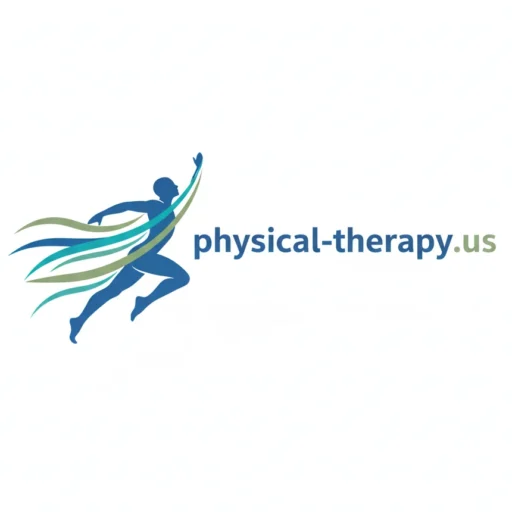

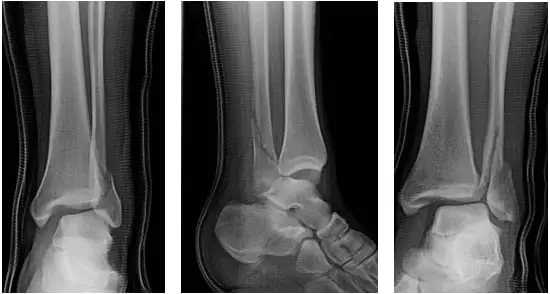
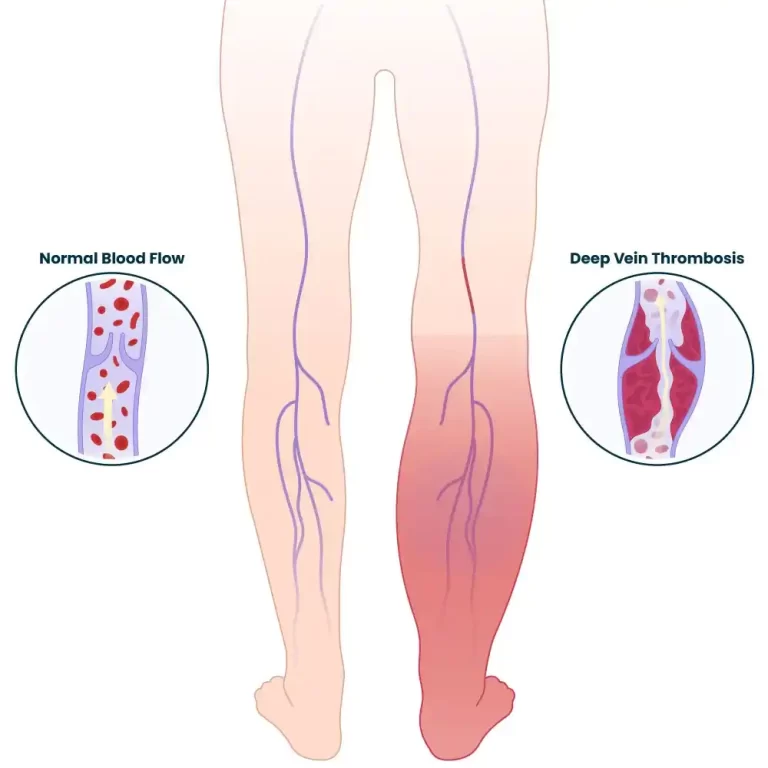
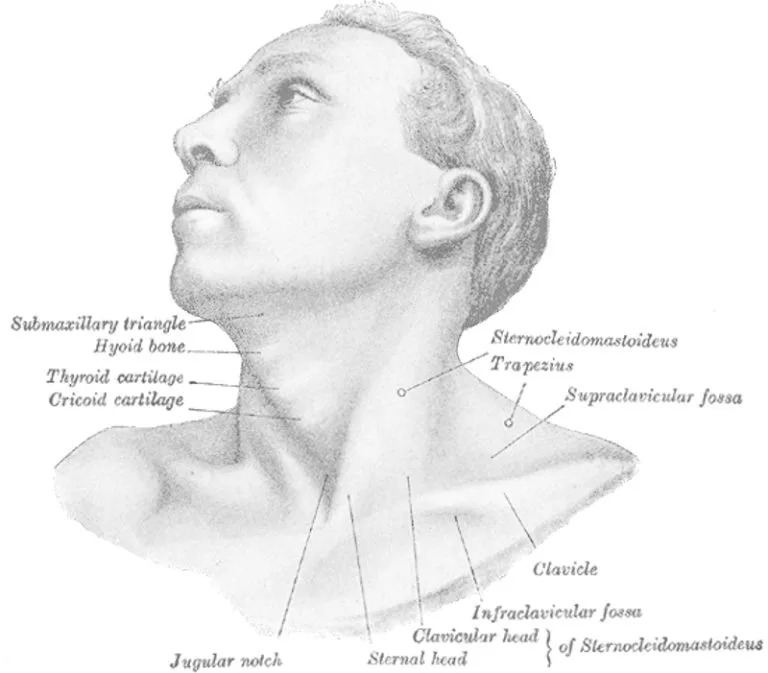
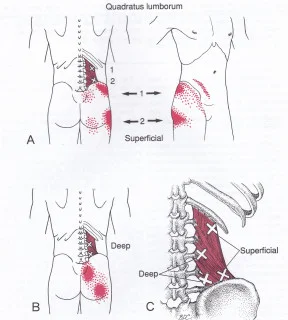
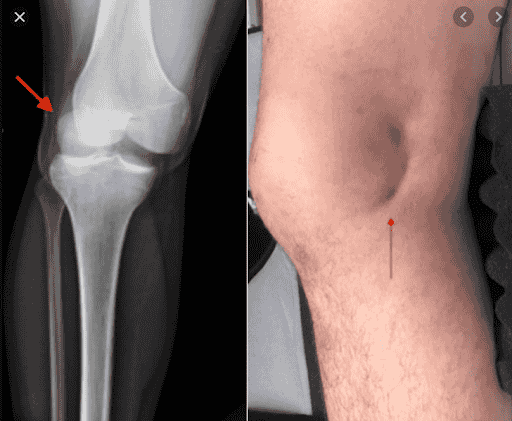
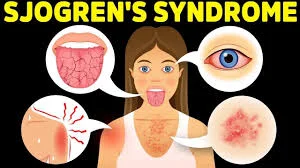
One Comment